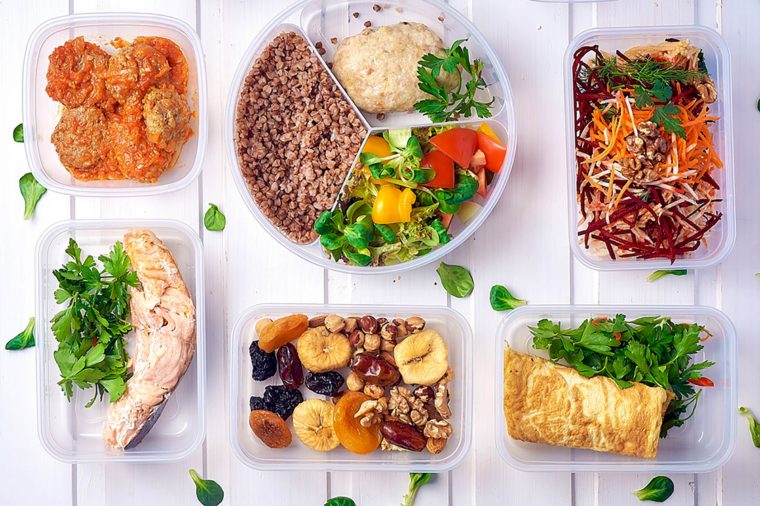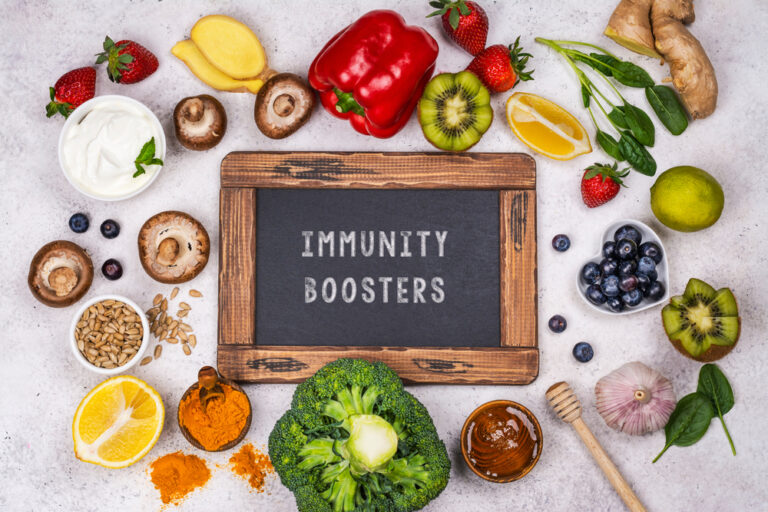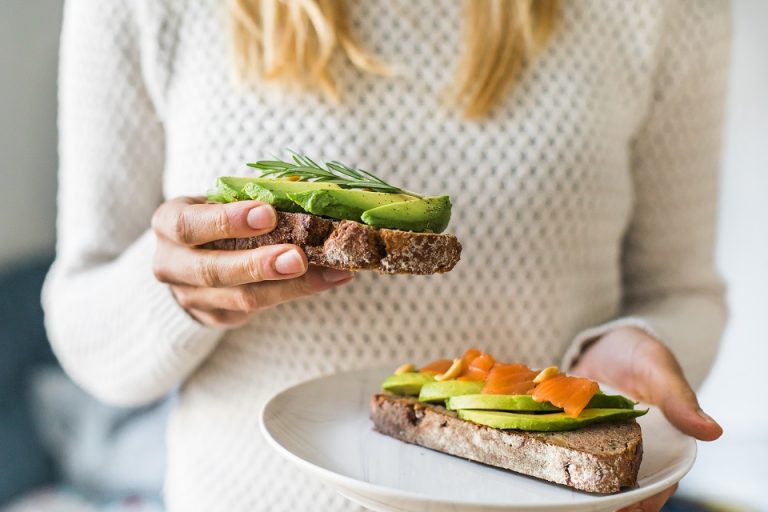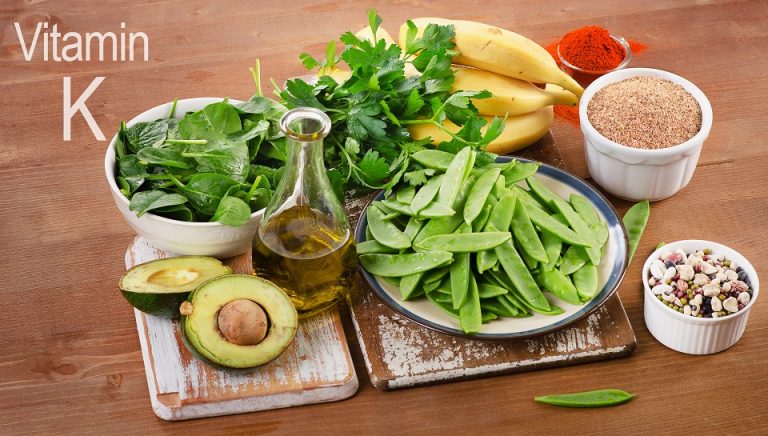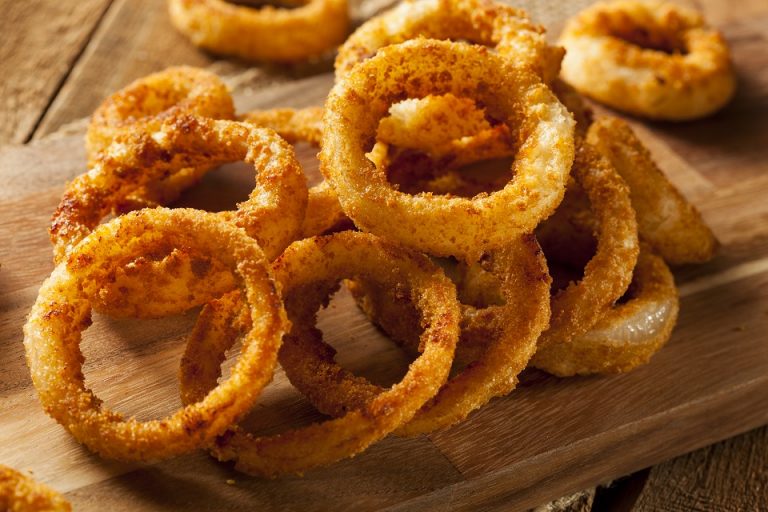
3. Berries
Here we go again with berries…
All berries are jam-packed with essential nutrients that are the main characters in the heart health play. From strawberries to blueberries and raspberries, berries contain anthocyanins, powerful antioxidants that help protect against inflammation and oxidative stress.
Both inflammation and oxidative stress could lead to heart disease, so it might be best for you to eat a handful of berries once in a while (if not daily). Berries do so much more than preventing inflammation and oxidative stress. They actually reduce many heart disease risk factors.
A recent study discovered that drinking a fresh strawberry smoothie daily for about eight weeks could decrease LDL cholesterol by even 11 percent. Another study determined that berries consumption could also reduce body mass index, systolic blood pressure, and inflammation markers.
Read also: Top Foods Guaranteed to Lower Your Cholesterol Levels
The best part? Berries can be enjoyed in many ways. They can become your next favorite health snack or a mouth-watering low-calorie dessert. It’s up to you!
4. Avocados
We all know that avocados are great for our overall health, but when it comes to our hearts, they are indeed superfoods. This fruit has gained popularity in recent years on merit, and no one can deny its fame. All nutritionists speak highly of avocados and for good reasons.
They pack heart-healthy monounsaturated fats that have been associated with a lower risk of heart disease and minimized levels of cholesterol. In fact, a study involving 45 obese and overweight people discovered that those who ate one avocado daily experienced reductions in certain heart disease factors like LDL cholesterol.
Another study involving 17,567 people pointed out that those who ate avocados on a regular basis were able to reduce their risks of developing metabolic syndrome by 50 percent.
Additionally, avocados are rich in the nutrient called potassium, which plays an important role in heart health—one medium-sized avocado packs around 975 milligrams of potassium, meaning 28 percent of the recommended daily amount.




